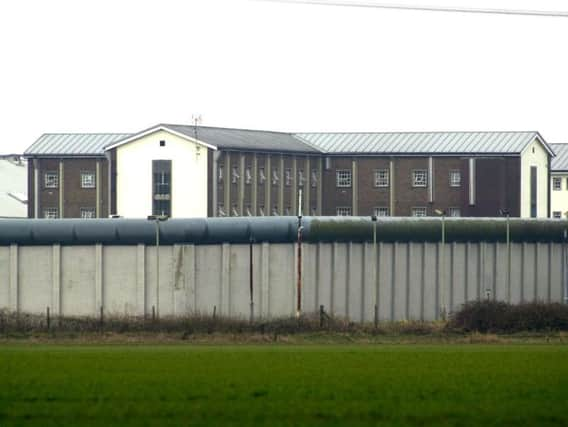Prison in Harborough district 'no longer safe enough' says report


Inspectors said HMP Gartree, near Market Harborough, had declined from "safe and stable" in 2014 to a prison which had "lost its way" by the time of the latest Inspection in November, 2017 says a report published today (March 15).
HM Chief Inspector of Prisons, Peter Clarke, concluded: "It was clear to us that staff shortages had played a substantial part in Gartree’s deterioration, but that was not the whole story.
Advertisement
Advertisement
"There were evidently a number of processes that needed tightening but, more significantly, there was a need for renewed managerial and strategic focus to re-energise the prison, tackle some of the challenges and avoid a drift into complacency."
He said: "The prison is no longer safe enough".
Gartree Prison, built mostly in the 1960s, is a category B prison holding 704 prisoners at the time of the Inspection, 641 of whom were serving a life sentence - the largest group of life-sentence prisoners in the UK.
Mr Clarke said the last two inspections - in 2010 and 2014 - had found a "safe, stable and respectful establishment which managed its high-risk population well".
But at the latest, unannounced inspection "we found that outcomes for prisoners had deteriorated ... particularly in safety".
He said:
Advertisement
Advertisement
- Almost a quarter of prisoners in a survey said they felt unsafe, and levels of violence had increased.
- There was a "very significant" increase in assaults on staff, some very serious.
- The numbers of prisoners self-harming had almost quadrupled since the last inspection.
"Staff shortages meant that prisoners spent far too much time locked up" the report added.
Advertisement
Advertisement
"Prisoners were immensely frustrated by the lack of consistency and predictability to their day. Managers tried to give prisoners notice of additional lock-up periods but the staff shortages were so acute that prisoners were regularly locked up at short notice for substantial periods of the day and this severely undermined work, training and education."
But the report did say: "With such a risky population, public protection was a high priority and well managed"